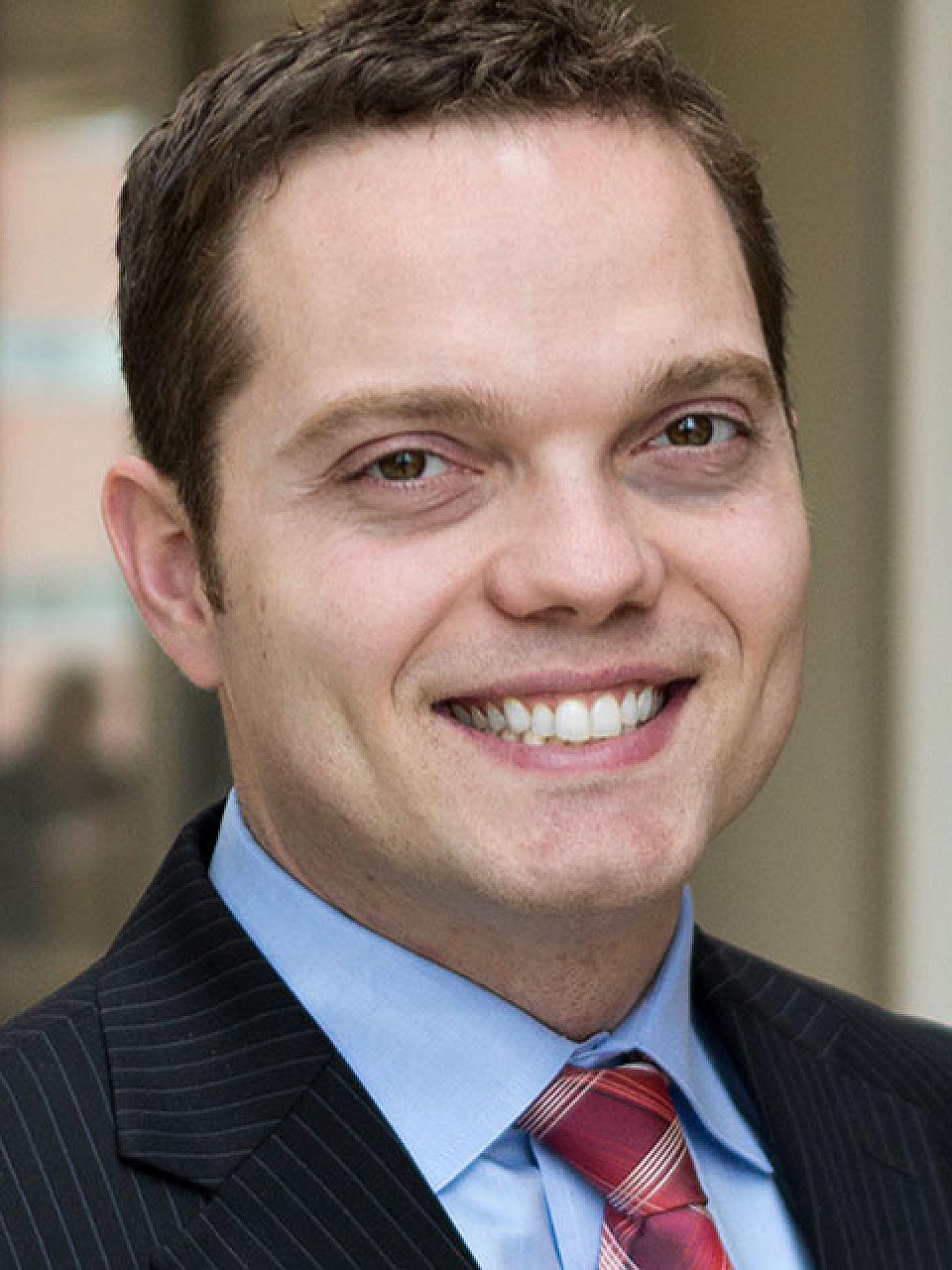A Prescription for More Affordable Pharmacy Education
My interest in pharmacy began when a caring pharmacist made a difference for my grandmother, who struggled to afford essential medications. Seeing such expertise and compassion up close—enabling access where broken systems had failed—left an imprint on me.
Many promising health care providers and future pharmacists have similar formative stories. Maybe from seeing their own family members go untreated or watching brilliant mentors establish trust through knowledge and generosity. We’re all drawn to this work for deeply personal reasons. These are reasons that a truly healthy community should nurture and reward instead of restricting through artificial barriers.
Yet, as I completed my pharmacy education and progressed into leadership, I realized just how challenging the current ecosystem is for many potential pharmacy applicants.
Flawed Pharmacy Education Model
As a pharmacist turned professor and health economist, I’m greatly concerned by the trajectory of pharmacy programs over the past 20 years.
We’ve seen continuously escalating tuition rates and dramatically expanding enrollment caps. Many schools have pursued easy revenue growth models instead of nurturing pharmacy talent. It just doesn't seem sustainable.
When I graduated from pharmacy school in 2009, I was burdened with huge student debt. It took me years to pay down. Even with great grades, merit aid wasn’t available. I was caught in the outrageous cost inflation battering higher education everywhere.
These days, my story is fairly normal. But I don't see many pharmacy programs asking tough questions about runaway expenses cascading to students.
The phenomenon reached new heights in the 2010s when application rates started noticeably tapering off nationwide. With shrinking applicant pools, most institutions responded by simply squeezing higher profits out of an already over-burdened student body.
This shortsightedness troubled me. It constrained graduates from pursuing their deepest passions and talents in the field. When monetary motives eclipse academic mission, we get systems indifferent to controlling costs or students’ success.

University of Utah's Groundbreaking Experiment
When a new position opened at the University of Utah College of Pharmacy in 2022, I was keenly interested. Perhaps change could emerge from an unexpected place. Exploring the opportunity, I discovered Utah’s leaders recognized that business as usual was failing.
Spearheaded by Randall Peterson, PhD, dean of the College of Pharmacy, Utah committed to launching a first-of-its-kind First Year Free initiative.
This groundbreaking program promised to cover an entire year of tuition for every student admitted. It was the result of visionary philanthropy and serious institutional efficiency commitments. To call this level of investment “rare” barely captures it.
The health care economist in me wanted to learn more about this new funding paradigm. The college didn’t rely solely on charity. It fundamentally bent its own cost curve.
First Year Free is available to students from anywhere. It reduces the overall cost of a four-year PharmD degree by 25 percent. The program aims to:
- Improve access to PharmD education for students from underrepresented communities
- Increase the size of the PharmD recruiting pool
- Grow national distinction
- Enhance faculty recruitment
This creative financial sustainability and long-term vision caught my attention.

Transformative Change
Utah made waves when the program was originally announced. Observing Year One operations proves genuinely transformative change is underway. We are in the early stages of gathering data to track program successes and make future refinements. But preliminary data already shows strong applicant interest.
When money stops being the prime limiting factor for opportunity, we’ll gather a wider spectrum of talented individuals pursuing their passion. That’s indispensable for health care. And it’s indispensable for healthy communities—locally and nationally.
Investing in the Future
Current students frequently talk about the psychological lift from shedding major fall semester tuition bills. I still find first years asking, “What’s the catch?” Through the lens of embedded cultural cynicism, generous education access seems too good to be true.
But demonstrating creative solutions that are built to last helps shift their focus toward personal and professional growth. Seeing peers pursue education based on fit rather than finances will elevate health equity wherever graduates ultimately serve.

There’s no doubt that much work remains to improve access, affordability, transparency, and value across higher education. Old pharmacy school models yield ballooning debt without clear returns. In contrast, First Year Free at the U’s College of Pharmacy is a blueprint for a novel financial model for professional education.
Students deserve the chance to pursue their callings without amassing debt that distorts their future. First Year Free begins rectifying the troublesome imbalance between excellence and exclusion in health professions training pipelines.
With First Year Free’s early wins logged, we are actively developing more ways to sustainably nurture talent unburdened by financial barriers. At University of Utah Health, we continue to lead the way by putting innovative thinking into action.
